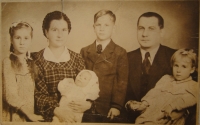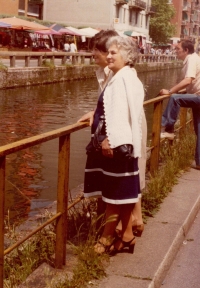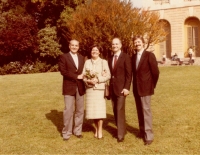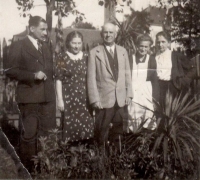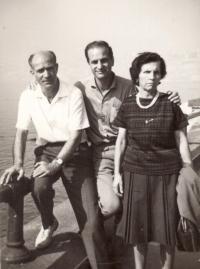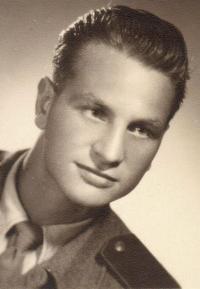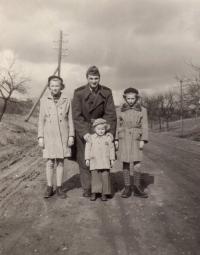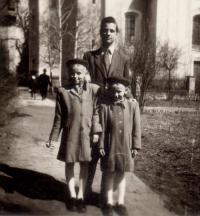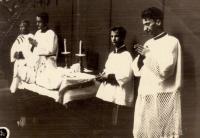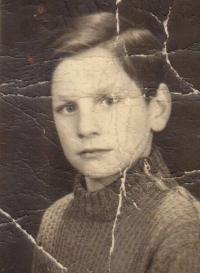I am son of Francis the globe-trotter
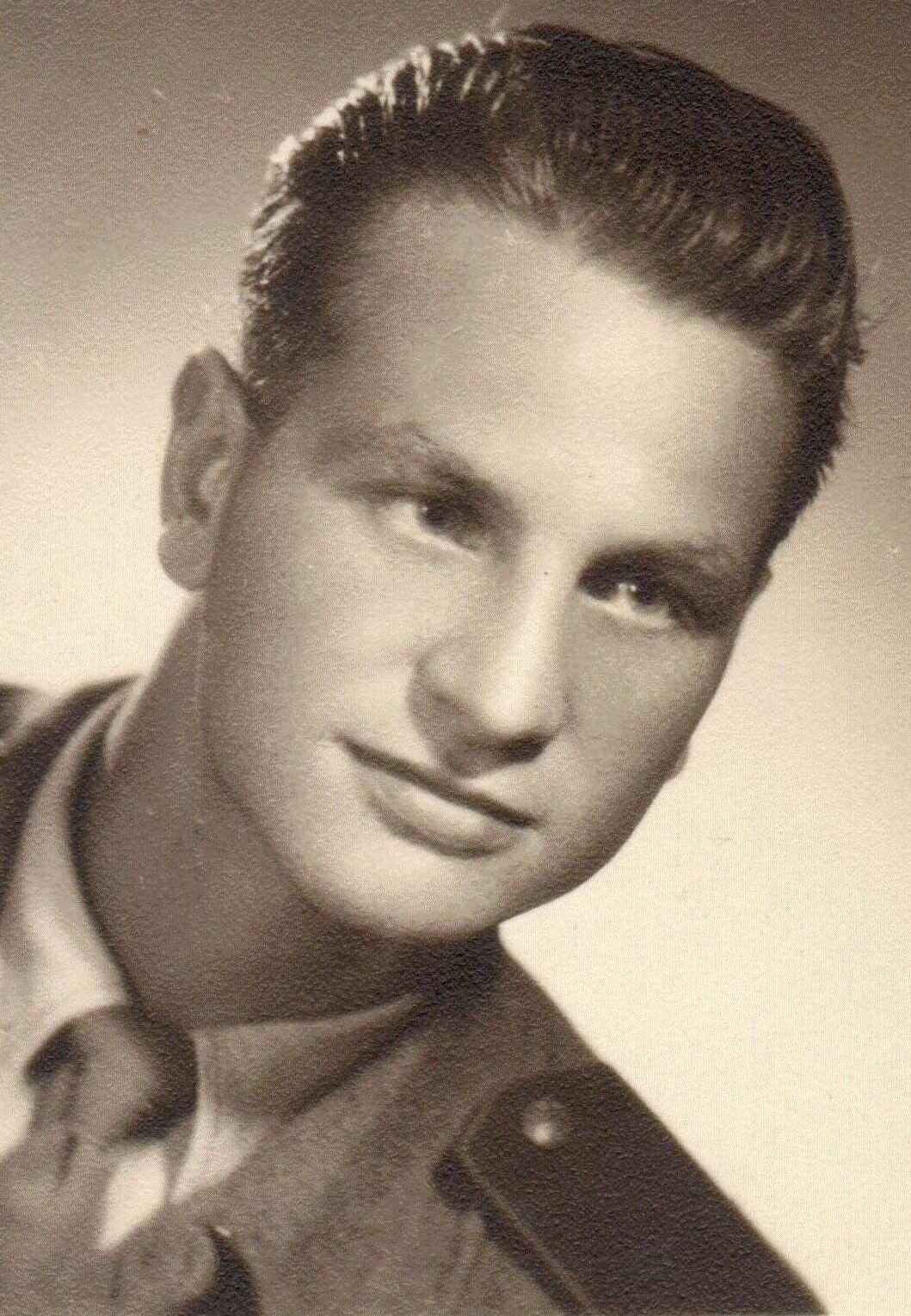
Stáhnout obrázek
Giuseppe Rovetto was born on June 29, 1933, in Rome to Olga Rovetto and Francis Tenant, a Vatican official. In mid-1939, the family moved to Salzburg in what is now Austria. In mid-1943, he and his younger sister Anna were taken from their parents for re-education to the monastery at St. Martin‘s Church in Landshut (Bavaria), where their father tracked them down in October 1945 and took them to Czechoslovakia with their mother. He grew up in Prague-Vršovice and first studied theology at the Franciscan College of St. Anthony in Kroměříž, then at the Secondary Industrial School in Trutnov. He was interrogated and persuaded by the regime to cooperate, which he refused. From 1958 to 1968, he worked for the national company Šroubárna Žatec as a technician and subsequently as a translator, thanks to which he gained personal contacts in Milan. After the events of August 1968, he emigrated to Italy, obtained political asylum and connected personally and professionally with the Milan company Sima. He created a new home in Milan and got married. After the revolution, his niece Hana married in Milan.
